Grading music. What is the right way to do it? Many teachers base their music grade off of student behavior and participation. And I understand the sentiment, but I would argue that you need to go deeper. Do you believe music is a core subject? Do you care about seeing your students make progress?If you answered yes to either of these questions, then assessment needs to be part of your class.
Assessment. Often when we hear this word, our brain conjures up images of state-wide standardized tests. Paper-and-pencil or digital multiple choice questions. It doesn’t exactly scream fun. Because of this, many elementary music teachers have shied away from assessing at all. But I think that it is important to assess your students for a variety of reasons. Today I want to talk assessment with you, and why you should assess students, even at the elementary school level. Best of all, I will show you easy ways that you can assess your students through activities and games, without anyone ever picking up a pencil.
Why Should I Have Assessment in Music Class?
Music as a Core Subject
Often music educators bemoan that fact that the arts are not treated as core curriculum. But, one might argue that often we undermine ourselves by not acting like a true core subject that has curriculum and skills that are being built – and yes – assessed.
By being able to clearly state to parents, students and administrators what your students are learning, you will have a much better foundation to prove that you are, in fact, a core subject.
And yes, I know what many of you are saying right now. The arts have worth outside of grades. Why does it need to be graded to be worthwhile? See below, where I get into assessment versus grading, because I hear you and agree. But there are other reasons to assess as well, which brings me to my next point …
Music Assessment as a Teaching Guide
It’s hard to recall sometimes in this world of overly focusing data analysis and teaching to the test, but one of the main goals of an assessment is to give ourselves feedback as educators.
Assessments can tell us if our delivery of content was as successful as we thought, or if there was a disconnect somewhere. Sometimes we may need to adjust and circle back. Or they rocked it out of the park and you can extend their learning. You could build your lesson plans as a choose your own adventure for each class based of how their assessments went, if you were really fancy (#teachergoals).
Music Assessment Versus Music Grades
If giving a child a low grade because they haven’t found their singing voice yet is giving you an ulcer, I hear you. The nice thing is, as the teacher, you get to determine how you translate assessment data into grades.
For me, I have some of the grade based off of assessment data and some based off ensemble participation. Did they raise their hand to volunteer an idea or answer during class?
You will decide you own formula for grading music that works and feels right for you.
How To Make Grading Music Fun
Now to the best news of all. Assessment can EASILY fit into activities you already do in music class every day. Here are just a few of the ways that you can make assessment quick and simple for your elementary music class.
Assessing Through Musical Games
You can turn your assessments into a game. Or maybe I should say you can turn your games into assessments. Let’s say you have a game where students listen to different classroom instruments and try to guess what they heard. Boom! Assessment opportunity.
Or maybe they have to listen to a rhythmic or tonal pattern and figure out which out of two choices it matches. Or sort instruments into the correct orchestra family. Artie Almeida has you covered there with a fun SMARTboard game (along with others).
The possibilities are endless. And as each kid gets their turn, you just make a note of how they did.
Assessing With Response Cards
Another easy way to assess your students’ knowledge is with response cards. I use these a ton when grading music skills and comprehension of key concepts.
I will give you an example of one that I use.
My kindergarten students learn about different voice types (singing, speaking, whispering). I have cards with the three different voice types on them, as well as a picture, since I don’t think whispering is in the sight words list for kindergarten! Finally, each response card is a different color.
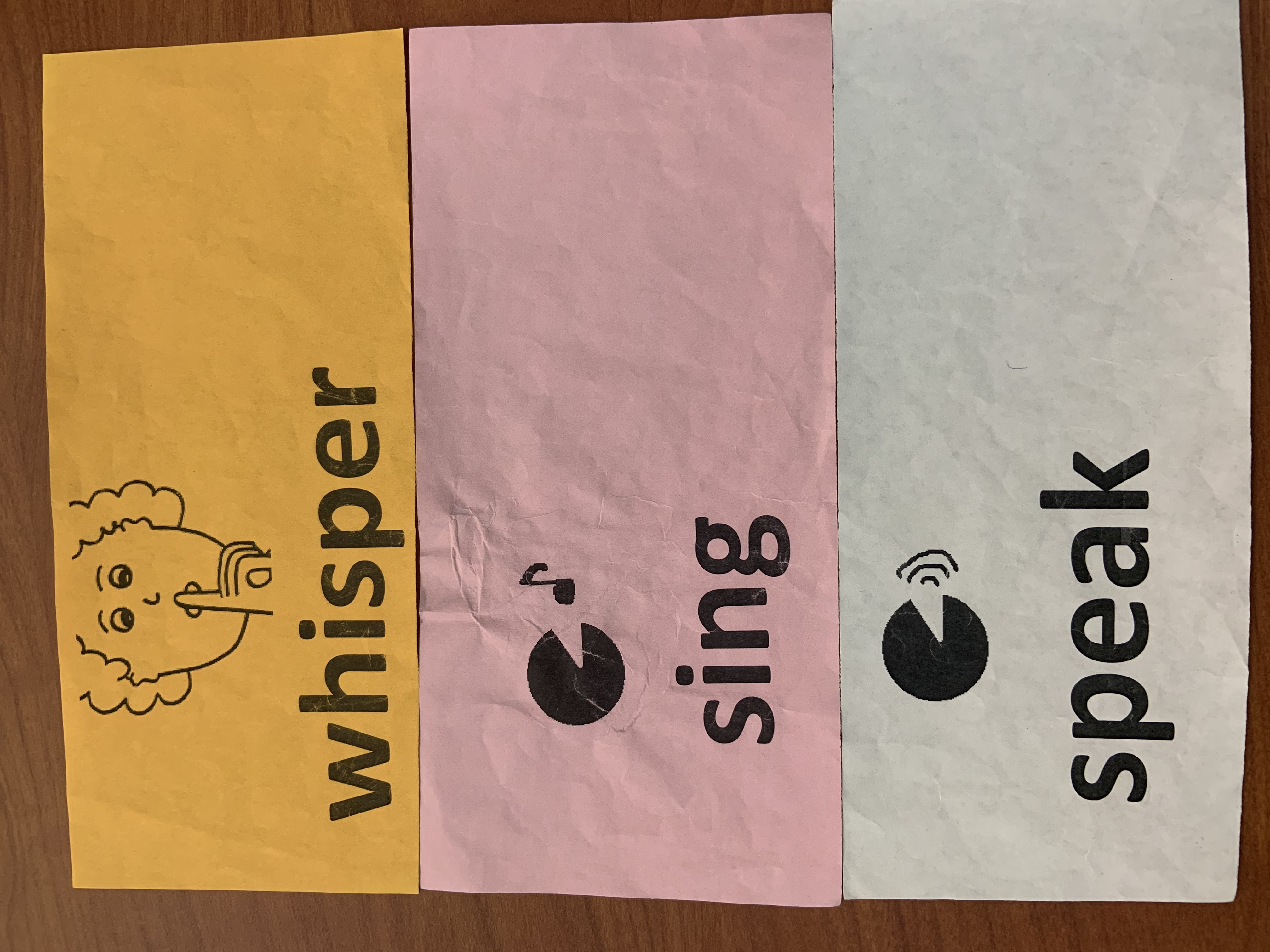
This is KEY. As I do examples of different types of voices, students hold up the card that matches. Since each type of card is a different color, I can quickly see who has the correct answer.
To make the process go even smoother, here are some pro tips:
- Take a picture of students holding up their responses and then grade after class.
- Go row by row recording one row’s response for each example.
Again, this type of assessment can be used for lots of topics:
- duple or triple meter
- major or minor
- instrument family
- percussion groups (metal, wood, shaker, membrane)
- yes/no
- composers (I’ve got this idea in my head about doing something with cut out composers on popsicles sticks)
Assessing Through Song
Songs are a great way to assess more performance based knowledge, such as singing voice, matching correct notes, or echoing/improvising a rhythm. Anything from having students sing a short solo at the end of a song to taking turns improvising recorder responses.
Grading this can get a little tricky. Let me tell you. Trying to create a grading rubric for performance stuff seems easy until you put it out there in real life and some kid does something you didn’t make a consideration for on the rubric. So I’ve left my assessment very general. Usually something along the lines of:
- Nope. Not there yet.
- Partly right.
- Correct.
- (if needed) – Wow! Out of this world, next level stuff.
Assessing Through Projects
Projects can be really fun for students (and honestly I love them as a teacher as well). You get to watch the students take ownership and just take off with their own creations.
The main project based assessment that I do right now is composing projects towards the end of the year. Each grade level takes things a little further based on the new content they learned that year. Here is my Song Writing Bundle with all the worksheets my students use to create their songs.
I also once did a composer research project where students had to create a pretend Facebook profile for a composer of their choice. Is that outdated now? I heard a fifth grader say to another one yesterday – “you still use facebook.” Uh oh! I can feel my street cred slipping away. Is Facebook the new MySpace?
Anyhow, I still have the worksheets we used as part of my Composer of the Month Kit, if you feel like checking it out.
What’s your favorite form of assessment for grading music skills? Do you have a go to activity you love to do every year where the kids don’t even realize that they are being assessed? Share in the comments! We would love to hear your ideas.

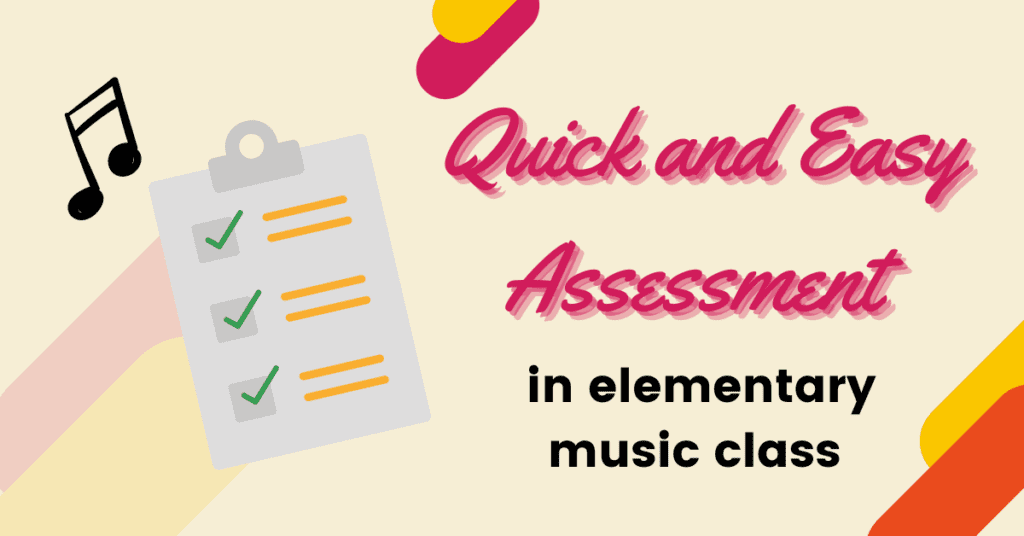

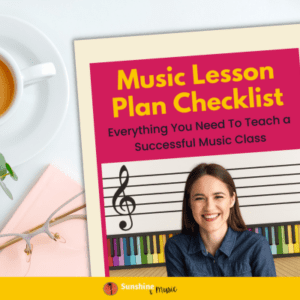

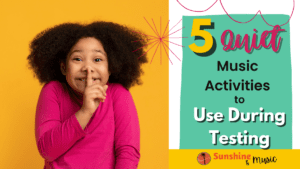
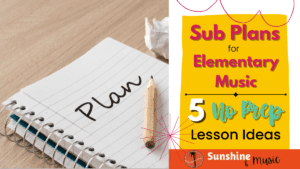
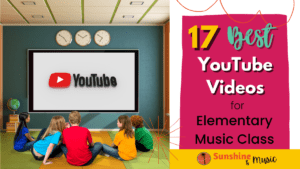
3 Responses